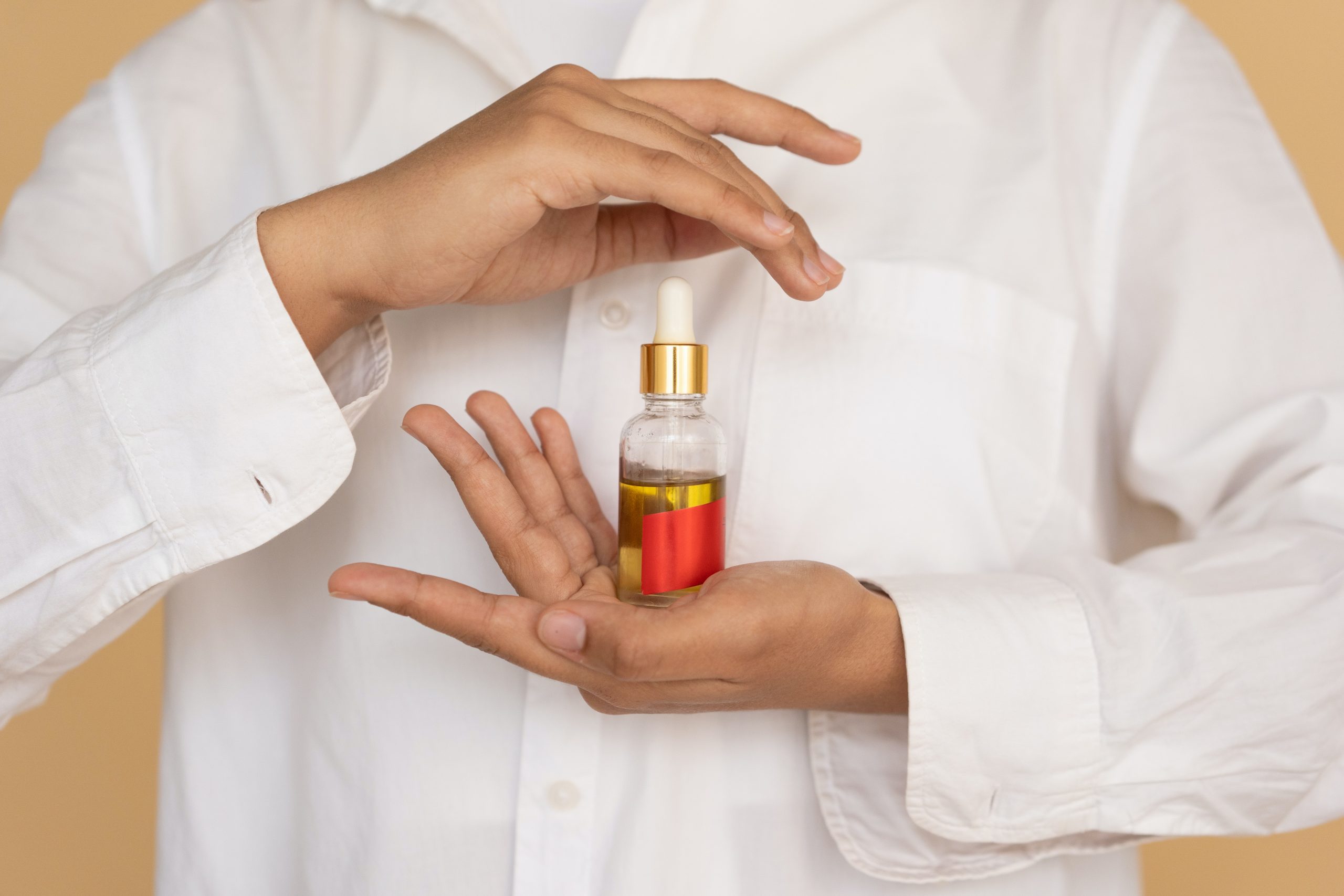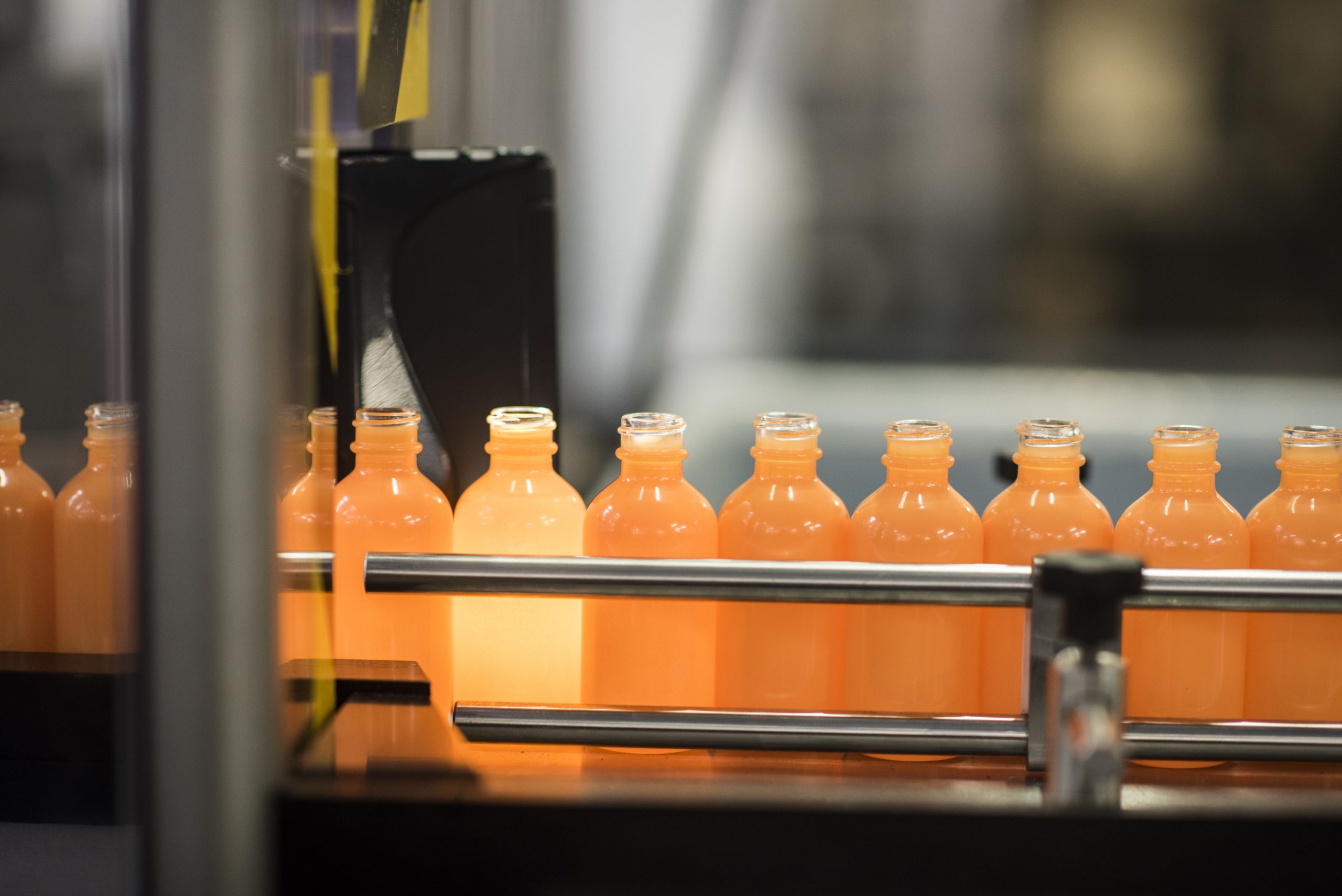What is CBD?
CBD’s efficacy and versatility has earned it a prime spot in countless products across various industries, from cosmetics to the vape industry, food and drink, and health supplements. You’ll find it in almost everything from body butters to beers, but in spite of this much deserved hype, a lot of people are still in the dark about CBD’s origins and uses. Let’s run through some CBD essentials, and some of our favourite CBD facts.
CBD Is The Main Component of Cannabis
First things first, what is CBD, and where does it come from? Cannabidiol, or CBD, is one of 120 cannabinoids that makes up the cannabis plant. CBD is a non-intoxicating and non-euphoric psychoactive cannabinoid – meaning it can be great natural supplement to help you relax without getting you “high”.
Differences Between CBD Oils
Not all CBD oils are the same. Typically, they fall into three categories:
Full Spectrum – containing the full spectrum of CBD, including minor cannabinoids, cannabis-derived terpenes, and trace amounts of THC.
Broad Spectrum – containing a full spectrum of cannabinoids and terpenes, but without trace THC.
Isolate – a pure form of CBD with all other compounds removed. While some branding can be unclear about which category is contained in some products, it’s important to be sure which type you are buying. THC is a euphoric psychoactive cannabinoid, and as such does produce highs. THC is broadly illegal, and can increase depression and psychosis.
The Human Body Produces Cannabinoids
We know, sounds like science fiction, doesn’t it? But it’s true
Our bodies contain endocannabinoid systems, or ECS, complex cell-signaling systems with receptors in your central nervous system and peripheral nervous systems, particularly our immune cells. Research into ECS is still in its infancy – having first been identified in the 1990s – but scientists have so far uncovered that the ECS plays a role in regulating various body functions including sleep, mood, memory, and reproduction.
Our biological cannabinoids can help relieve pain, reduce inflammation, support the immune systems and ease symptoms of autoimmune disorders. It’s also been found that using CBD products as an additional supplement can help maintain our endocannabinoid systems, alongside the relaxation support offered by CBD supplements. A win win!
CBD Can Help Cancer Patients Manage Symptoms
Cancer is one of our most prolific diseases and innovative research is consistently increasing life expectancy and quality of life for sufferers year on year. Amongst this research, CBD has been touted to be a worthwhile aide to help cancer patients manage their symptoms.
Cancer Research UK reports laboratory research so far as shown that CBD can cause cancer cell death or block cancer cell growth, stop the development of blood vessels which are needed for tumors to grow, and reduce inflammation. Although studies have had mixed results and more research is needed before anything conclusive can be decided, early discoveries are promising for the capabilities of CBD in cancer management.
CBD May Be a Helpful Supplement for Children
As CBD is non-intoxicating and non-euphoric, it is safe to give to most children in certain formats. In this article from Daily CBD, reviewed by Dr Abraham Benevides, M.D., gummies and low percentage oils are cited as the most appropriate means for CBD intake for children.
CBD supplements have been cited to help alleviate symptoms of anxiety, insomnia, asthma and nausea, as well as some skin conditions. It is, of course, essential to monitor CBD dosage when supplementing for children, and certain products – such as vapes – are not appropriate.


